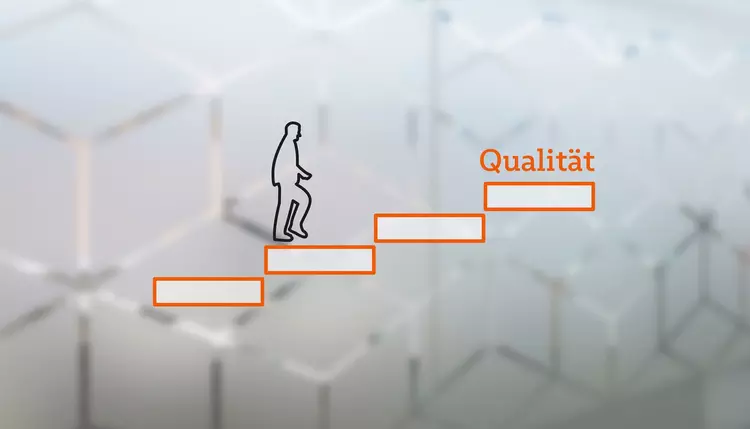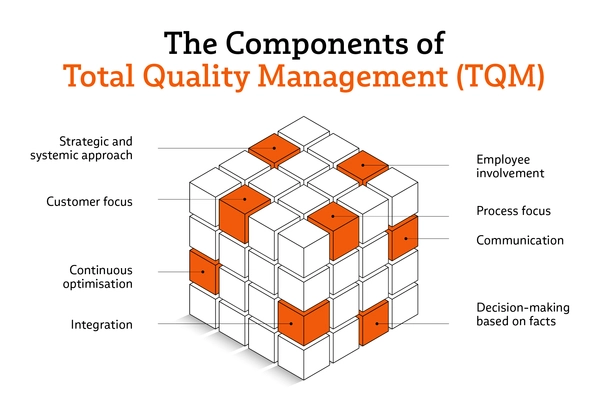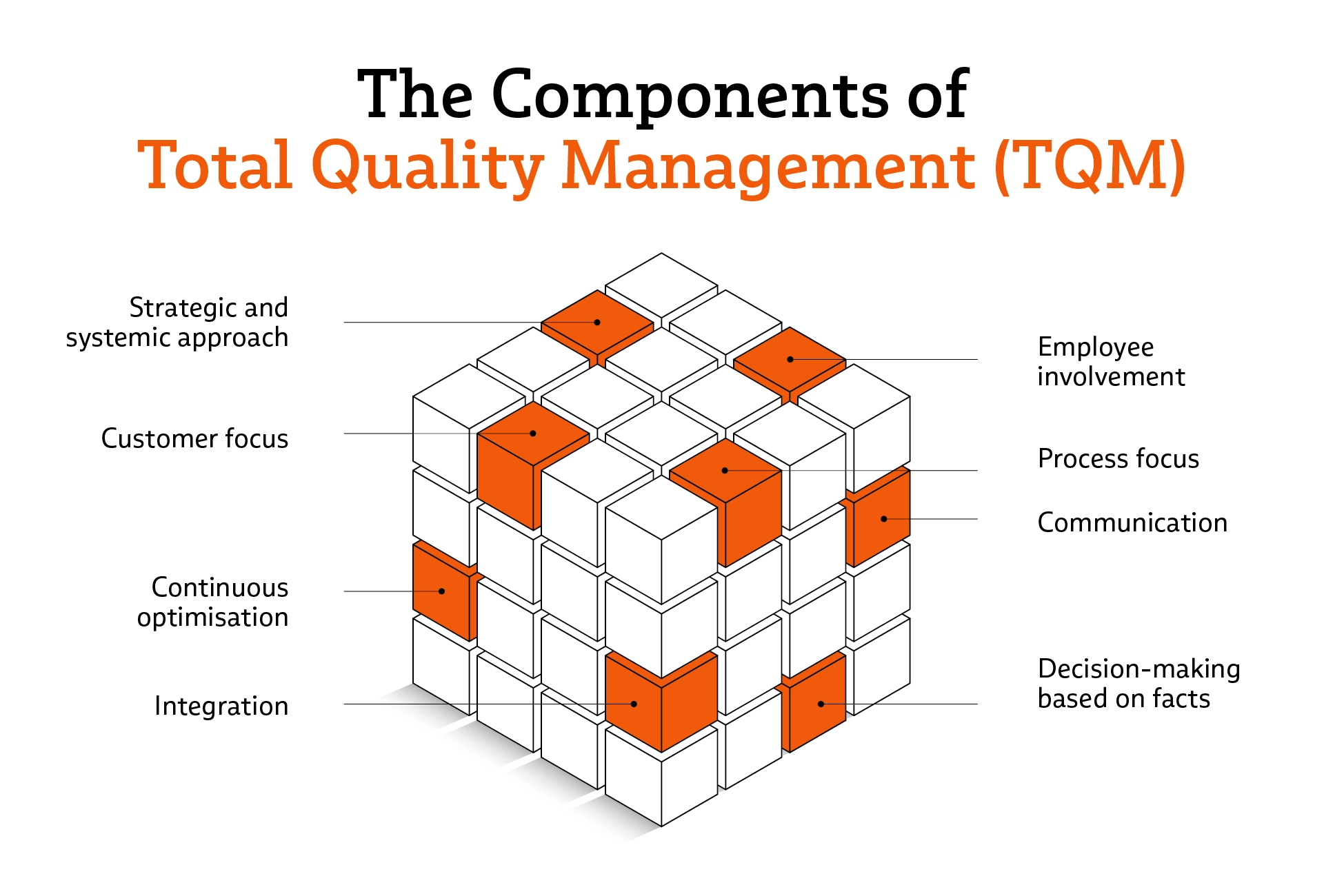Total Quality Management, or TQM for short, basically means comprehensive quality management. TQM can be understood as a management strategy that involves the entire company and all employees. It supports companies in setting and meeting quality targets derived from customer requirements.
But why is it advisable to focus on the creation of quality with such a method? Quite simply, quality is not a stable quantity. In order to create quality, the company must be aware of what the customer benefit is and will be in the future. To ensure this, the quality objective must be a continuous management focus. The achievement of quality goals leads to market success. Through TQM, the company’s success should ultimately also be increased through higher productivity, lower defective performance costs and lower costs in general.







Comments
No comments